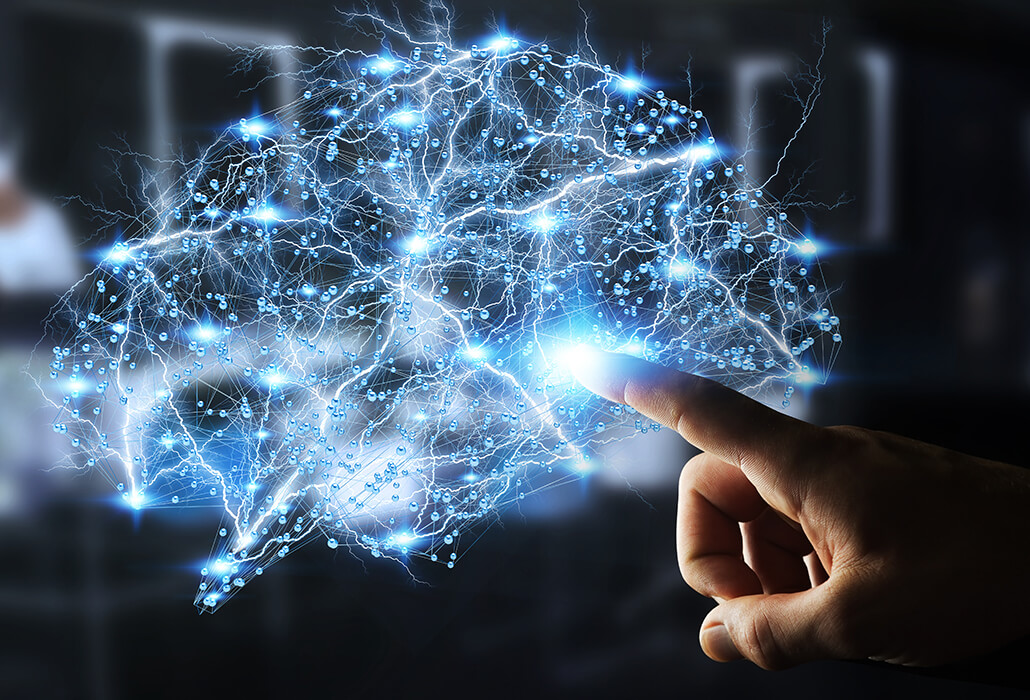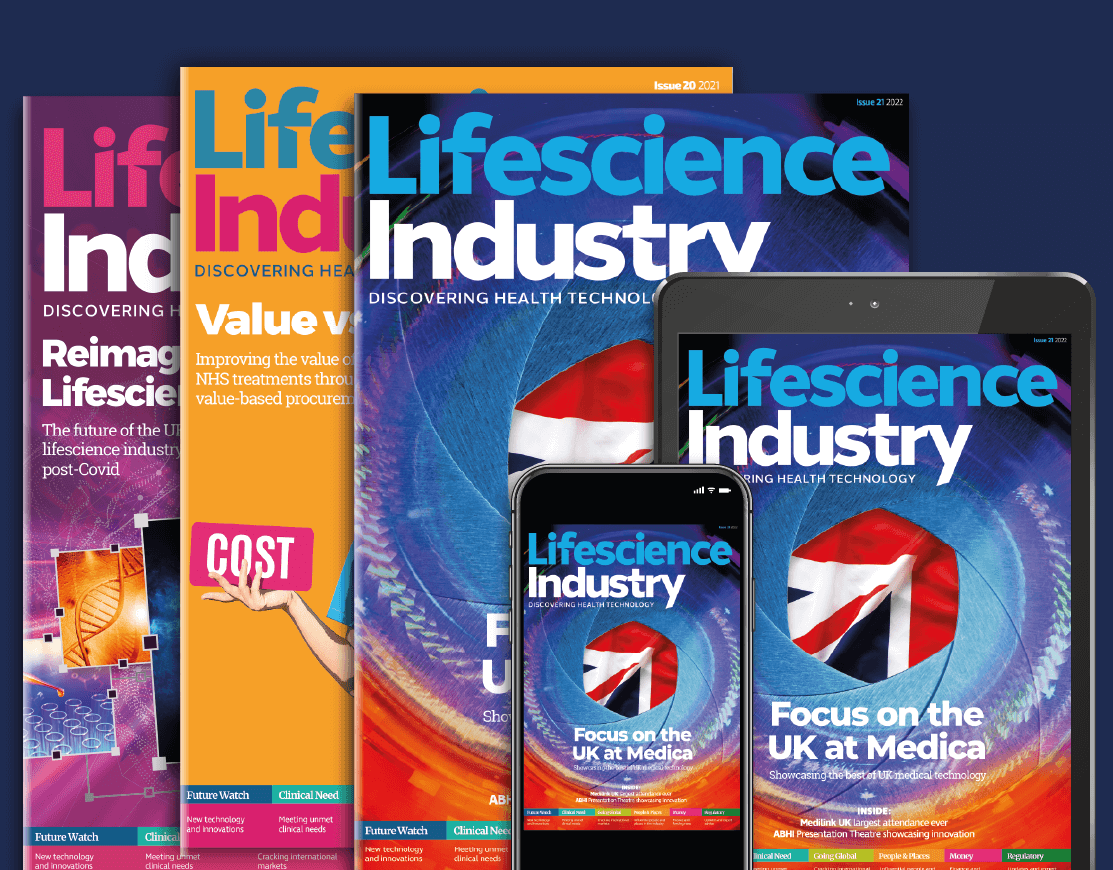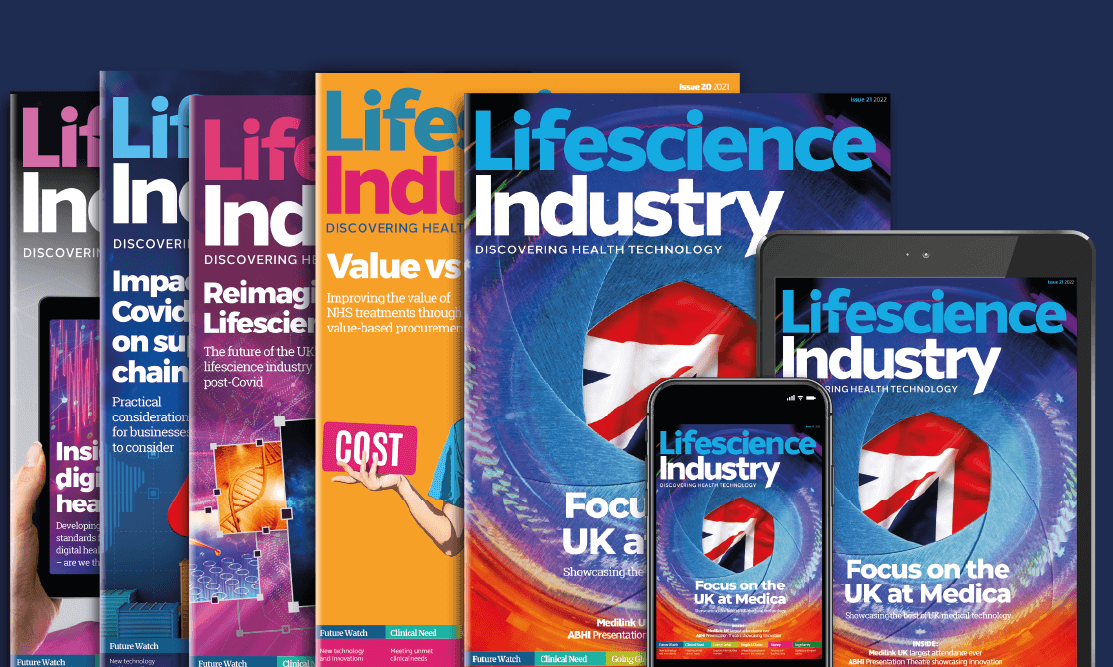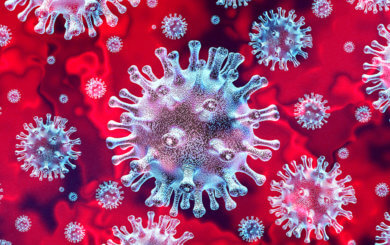
Scientists have started work on a project that will see human brain stem cells used to power artificial intelligence (AI) devices and bring about a revolution in computing.
The Neu-ChiP project, an international collaboration led by researchers at Aston University, has been awarded €3.5m (£3.06m) to show how neurons – the brain’s information processors – can be harnessed to supercharge computers’ ability to learn while dramatically cutting energy use.
The research team is now embarking on a three-year study to demonstrate how human brain stem cells grown on a microchip can be taught to solve problems from data, laying the foundations for a “paradigm shift” in machine learning technology.
Use of AI is becoming ever more prevalent in areas as diverse as healthcare, finance, autonomous vehicles and speech recognition, right through to recommending films through on-demand services like Netflix. The ‘big four’ tech companies – Apple, Google, Amazon and Facebook – and many others are investing heavily in machine learning to tailor their products and better understand their customers.
But current electronic approaches to machine learning have limits, requiring ever-growing computing power and high energy demands. The recent trend towards ‘neuromorphic computing’, which aims to mimic human neural activity electronically, is hampered by the inherent limitations of conventional electronics.
In contrast, human brain cells effortlessly combine functions and have extremely low power demands, requiring only a small volume of a nutrient-rich solution to operate.
In the Neu-ChiP project, the team will layer networks of stem cells resembling the human cortex onto microchips. They will then stimulate the cells by firing changing patterns of light beams at them. Sophisticated 3D computer modelling will allow them to observe any changes the cells undergo, to see how adaptable they are. This imitates the ‘plasticity’ of the human brain, which can rapidly adapt to new information.
The project, funded by the European Commission’s Future and Emerging Technologies (FET) programme and involving partner institutions in the UK, France, Spain, Switzerland and Israel, is also expected to produce new knowledge about the functioning of the brain which could be used to develop novel stem cell-based treatments.
Professor David Saad, Professor of Mathematics at Aston University, said:
“Our aim is to harness the unrivalled computing power of the human brain to dramatically increase the ability of computers to help us solve complex problems. We believe this project has the potential to break through current limitations of processing power and energy consumption to bring about a paradigm shift in machine learning technology.”
Dr Rhein Parri, Reader in Pharmacology at Aston University, said:
“We are very excited to have won support from the European Commission for this ambitious project. Our international team will combine their expertise and work together to develop technology that we expect to provide great future benefits for science and society.”
Dr Eric Hill, Senior Lecturer in Stem cell Biology at Aston University, said:
“Our ability to turn human stem cells into brain cells has revolutionised the study of the human brain. This exciting interdisciplinary project will bring international scientists from diverse backgrounds together to develop new technologies that will provide huge insight into the development of human neuronal networks.”
The project involves academic partners from Loughborough University (UK), the University of Barcelona (Spain), Centre National de la Recherche Scientifique (CNRS, France), Technion Israel Institute of Technology (Israel) and the company 3Brain AG (Switzerland).
Drs Jordi Soriano, Associate Professor in Physics, and Daniel Tornero, Tenure Track Professor in Biology, both at the University of Barcelona, said:
“Our ability to engineer neuronal circuits in a dish and train them to conduct data analysis will provide new insights on how the brain computes information and finds solutions. The developed technology may even help to design unique and exciting human-machine interfaces.”
Professor Rémi Monasson, Director of Research at the Centre National de la Recherche Scientifique (CNRS), said:
“In Neu-ChiP, we will not only model a system made of many extraordinarily complex components – human neural cells – but we will try to go far beyond. Our aim is to drive the neural system to a state in which it will be able to carry out nontrivial computations.”
Drs Shahar Kvatinsky, Associate Professor of Electrical Engineering, and Daniel Ramez, Assistant Professor of Biomedical Engineering, both at Technion Israel, said:
“We are seeking to build neuromorphic circuits and combine emerging electronic devices with biological neurons and this project is a major step towards this target. In the context of synthetic biology, it is impressive to see how computation in living cells is evolving from digital through analogue and moving towards a neuromorphic computing paradigm.”
Dr Alessandro Maccione, co-founder and Chief Scientific Officer of 3Brain AG, said:
“The Neu-ChiP project has the ambitious plan to overcome current machine learning approaches through the study of complex human-brain-based circuits. We are proud to put our technology at the service of this pioneering and exciting challenge.”
Dr Paul Roach, Senior Lecturer in Biomaterials and Interface Science at Loughborough University, said:
“This work really brings together an exciting interdisciplinary team of researchers to build on our individual strengths and interests. The focus of this project is on revolutionising the way we analyse information using specifically designed complex living neuronal circuits.”
News & Analysis






